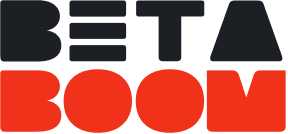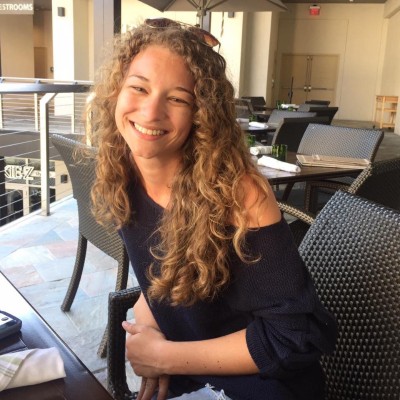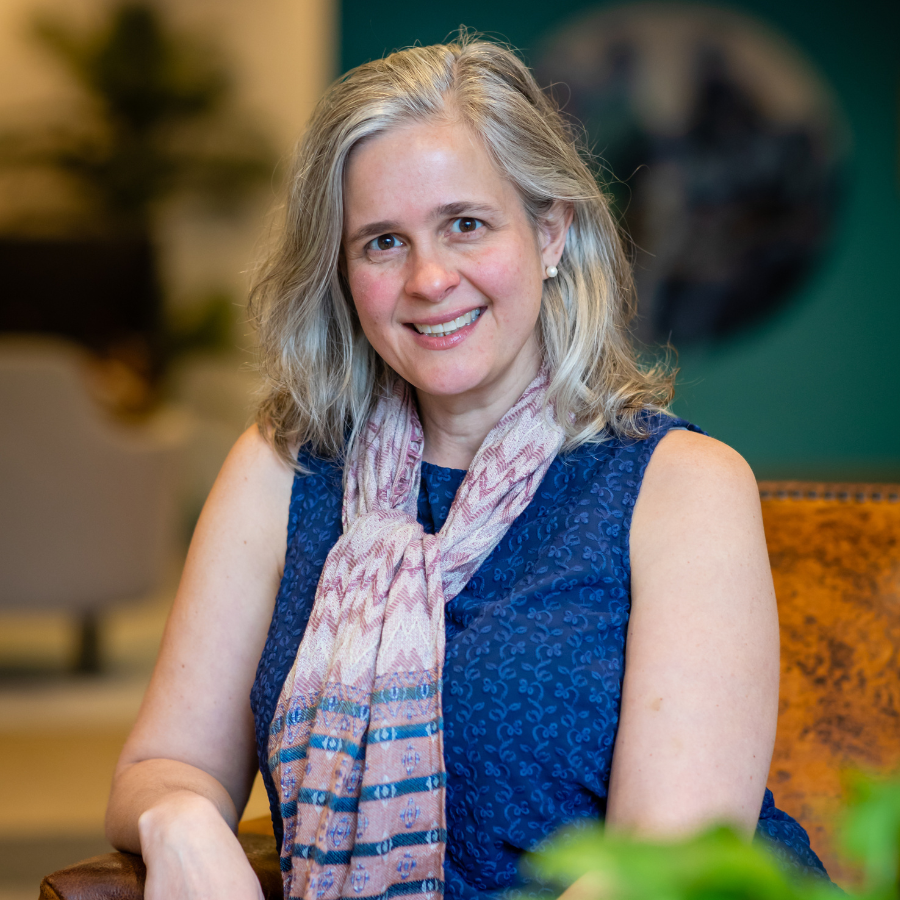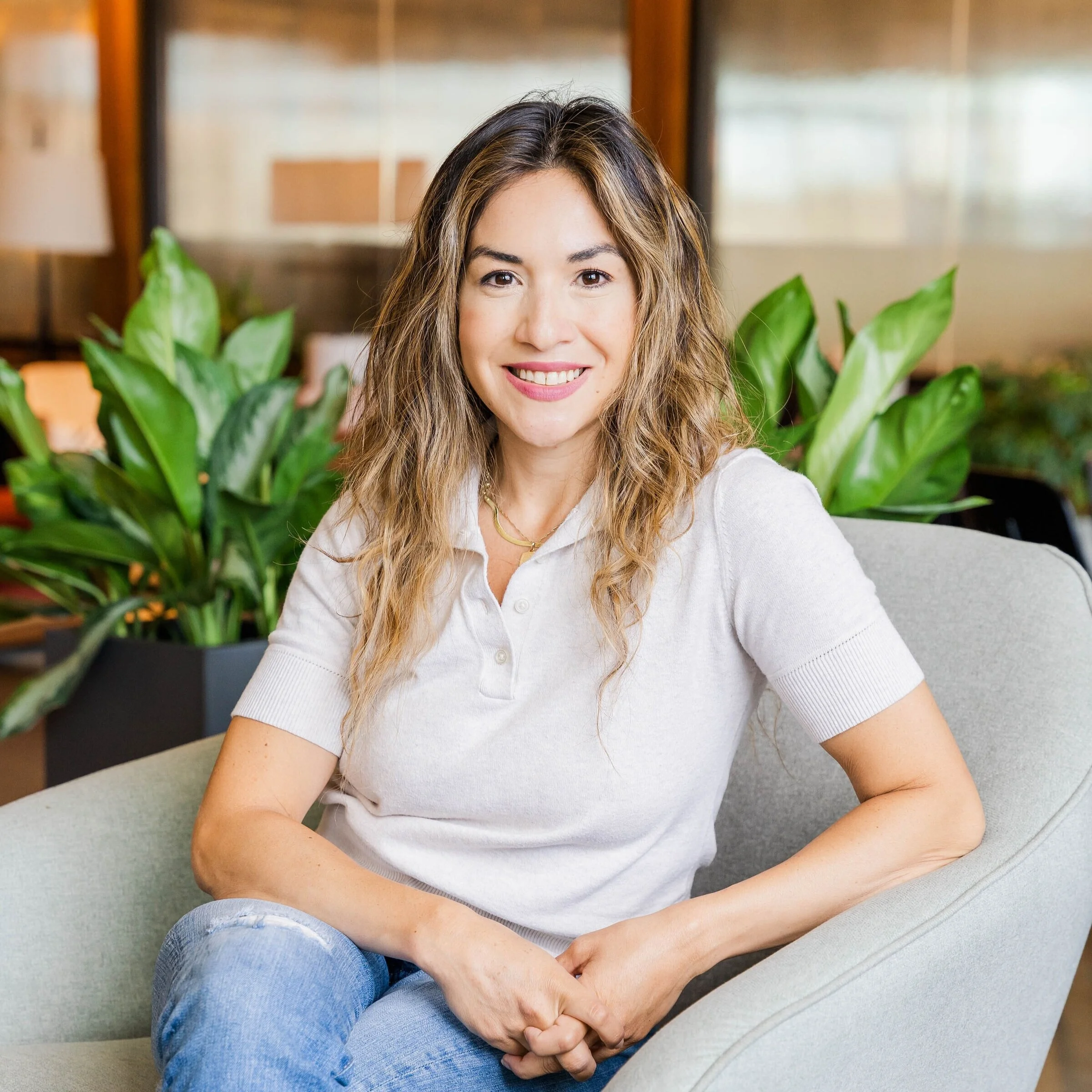Marcos Fernandez, co-founder and managing partner at Fiat Ventures, once believed he was destined to be a founder.
About 15 years ago, bright eyed and bushy tailed, Marcos worked towards launching his own projects. But it soon became apparent that the pressures associated with building a startup from the ground up was more than he could handle.
But even as Marcos realized he wasn’t a “pure startup founder,” he did realize his passion for working with the intelligent people who were leading innovation.
“If I could get paid to invest in and advise these incredible founders all day, every day, I’d be the happiest person alive,” he recalls.
Shortly after this realization, a mentor’s simple advice finally pushed him to take the leap: “If you have the chance to do it now, don’t wait for a perfect moment – it may never come.”
After all of his positions and years in the industry, Marcos believes the role of a VC is clear: founders are the rock stars, and VCs are the roadies.
“I help set the stage, handle logistics, and provide the support they need. It’s the most fulfilling part of the job,” Marcos says. “The highs are high, the lows are low, but it’s exciting, and I feel really grateful.”
In a time when diversity and inclusion are hot-button topics, Marcos wants underrepresented founders to know that despite the challenges, there is still ample capital available for them.
“If you have an initiative, there’s still a lot of capital out there—you just have to look a little harder,” he says. “There are incredible people and groups who will still fund you.”
A big part of Fiat Ventures, Marcos says, is to back companies that build sustainable, inclusive businesses.
“About half of the founders we back come from underrepresented backgrounds,” he explains. “We look for products that have a positive impact on consumers, especially those in underserved communities.”
“You can do good and do well,” Marcos adds. “We’re building for diverse populations because that’s where the opportunities lie.”
Company
Fiat Ventures, established in 2021 in the San Francisco Bay Area, focuses on early-stage investments in FinTech, Financial Services, and InsurTech. The firm is dedicated to fostering the next generation of market-leading companies in the U.S.
Advice
Fundraising Outside of Silicon Valley
Fundraising demands focus, requiring 25–50% of a founder’s time. Founders must commit to this responsibility or delegate it to someone capable, as consistency is key.
For those in remote areas, like the Appalachian Mountains, success often requires extra determination, as challenges extend beyond the idea to market dynamics and timing.
Founders should also consider alternatives to venture capital, such as grants or accelerators, to secure the necessary resources for growth.
Online Venture Capital
Platforms like Republic and WeFunder allow you to raise capital through collectives, offering exposure to a large audience that can become both investors and early customers.
While beneficial for brand visibility, these platforms come with challenges, such as regulatory overhead and requirements for auditing and reporting. Early-stage founders may find the process demanding, as managing these systems requires additional resources and effort.
It’s not easy. Even the best companies have struggled to secure funding despite having a clear vision. Success requires grit, determination, and confidence in your product. Be ready to hear “no” or “not now,” and remain persistent in your efforts.
How to Get a “Yes”
As a founder, focus less on delivering a flawless pitch and more on qualifying the investor during the first call. Spend at least half the time understanding their focus, past investments, check size, and process.
Quickly disqualifying mismatched investors saves time. For instance, learning they only fund software while you’re in hardware spares you multiple unnecessary meetings.
Show you’ve done your homework. Reference their website or recent deals and ask pointed questions like, “Does this sector appeal to you?” If they’ve agreed to meet, they already see potential; their focus will often be on assessing risks.
Good investors understand the vision, while great ones challenge assumptions. Tough questions are part of the process, so don’t be discouraged. Treat the call as a two-way interview to ensure alignment and fit.



.png)
.png)
